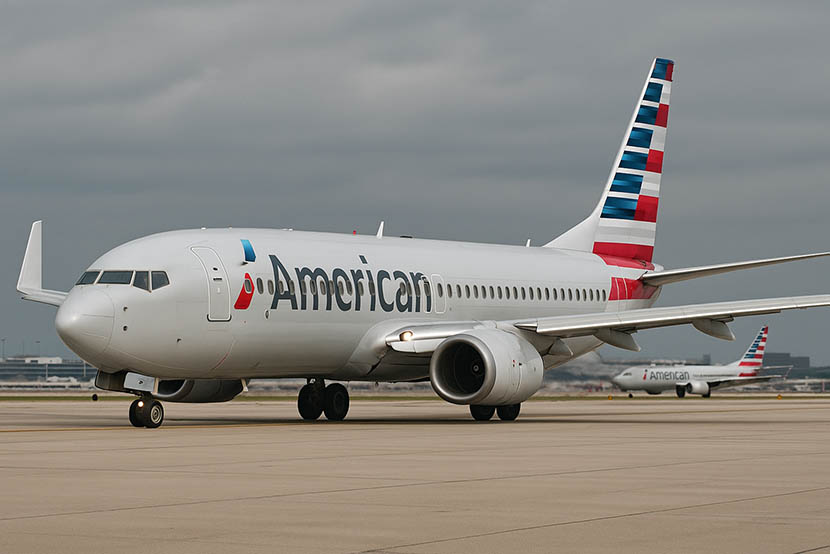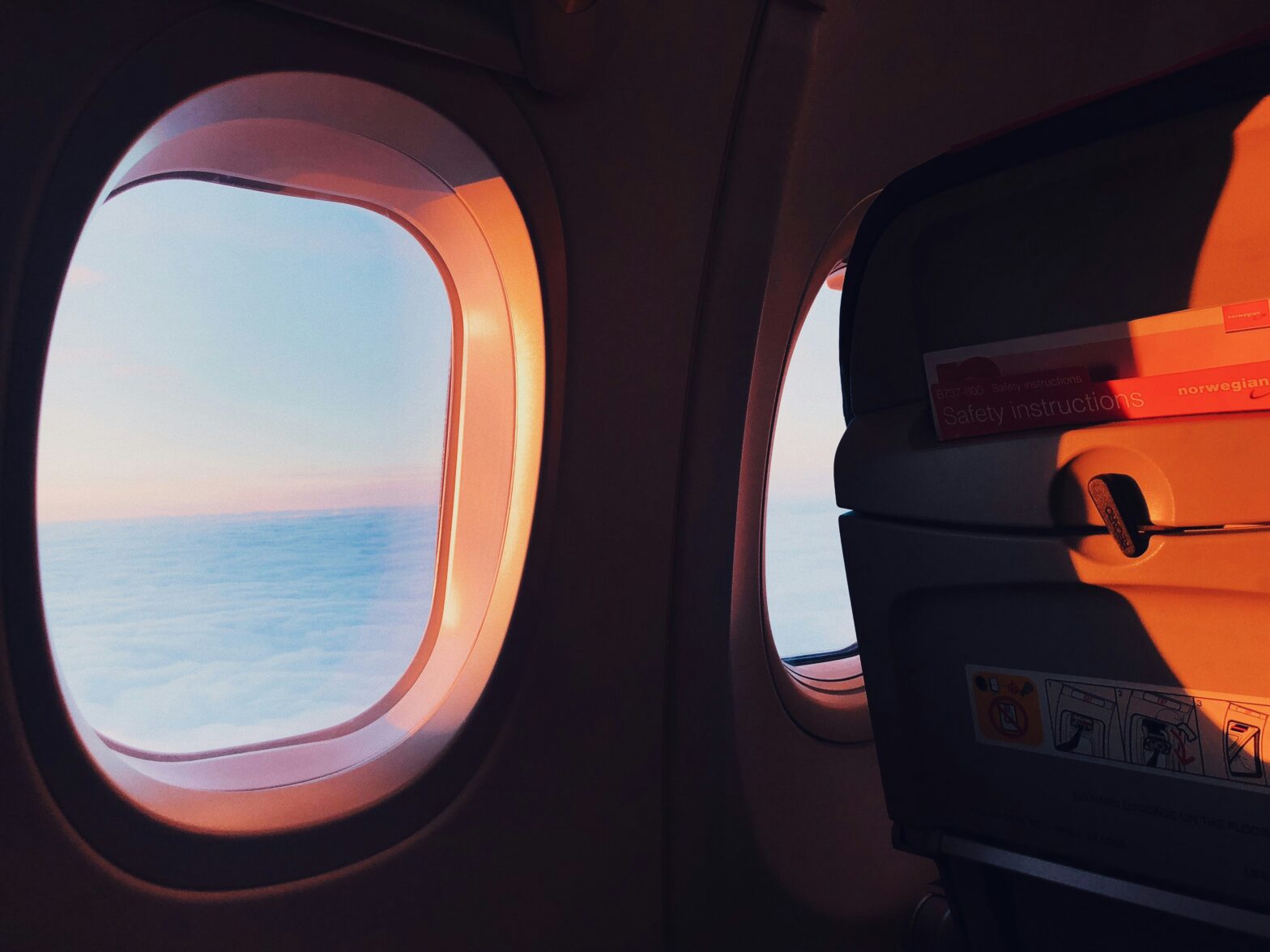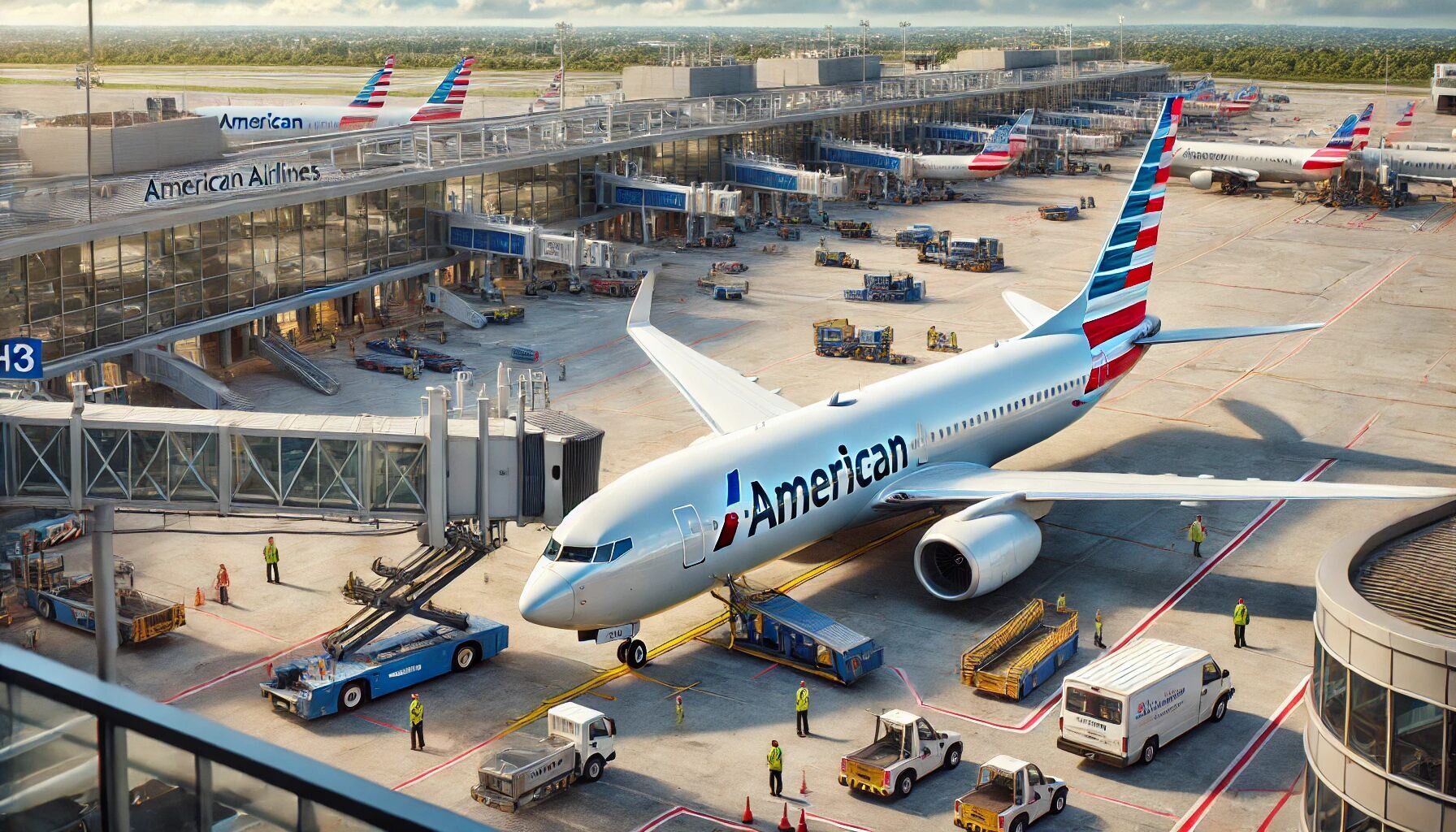Major Shifts in US and Canadian Air Travel Industry Detailed

The final week of May 2025 marked a period of intense activity and significant transformation within the US and Canadian travel industry. Airlines across North America and beyond unveiled a flurry of strategic initiatives aimed at optimizing operations, enhancing customer loyalty, addressing financial pressures, and adapting to evolving market demands. These changes, ranging from groundbreaking partnerships and technological advancements to major policy shifts and extensive route network realignments, signal a dynamic phase for the aviation sector as it prepares for the peak summer travel season.
A standout development was the new "Blue Sky" strategic loyalty partnership between United Airlines and JetBlue Airways. This collaboration will allow members of United MileagePlus and JetBlue TrueBlue to earn and redeem miles across both carriers starting this fall. Elite members will also benefit from reciprocal perks like priority boarding, preferred seats, and same-day standby access. Critically, the deal involves an asset swap giving United coveted access to New York's John F. Kennedy International Airport (JFK) for up to seven daily roundtrips, re-establishing its presence there. In return, JetBlue gains access to eight flights from United's Newark hub. Furthermore, United will integrate its ancillary travel service sales, including hotels, rental cars, and travel insurance, onto JetBlue's e-commerce platform, Paisly, unifying their digital sales strategies.
American Airlines focused on streamlining the airport experience by introducing its "Touchless ID" system. This new biometric feature, available for AAdvantage members enrolled in TSA PreCheck, uses facial recognition technology to verify identity at security checkpoints without needing a physical ID. Initially launched at key airports such as Washington Reagan National (DCA), New York LaGuardia (LGA), Atlanta Hartsfield-Jackson (ATL), and Salt Lake City (SLC), American plans a nationwide expansion throughout the summer.
In a significant policy reversal, Southwest Airlines announced an end to its long-standing "bags fly free" policy. Effective for tickets booked on or after May 28, 2025, the airline will charge $35 for the first checked bag and $45 for the second, aligning its fee structure with major US competitors. This change comes in response to pressure from an investor group seeking higher revenue. While existing bookings are unaffected, Business Select customers and Rapid Rewards A-List Preferred members will retain two free checked bags, and A-List members and co-branded credit cardholders will receive one. Southwest also hinted at future changes, including extra-legroom seating and a potential move away from its open seating model to assigned seats.
Brazil’s Azul Airlines, a carrier with multiple US routes and partnerships with both United and American, filed for Chapter 11 bankruptcy protection in the United States. Azul assured that operations would continue uninterrupted, and customer tickets and loyalty benefits would be honored throughout the process. The restructuring aims to eliminate over $2 billion in debt and optimize its fleet by shedding unprofitable leases, supported by a proposed $300 million equity infusion, with potential contributions from United and American contingent on certain conditions. Founded by JetBlue's original founder, David Neeleman, Azul is a key player in connecting South America with U.S. destinations like Orlando and Miami.
Airlines also undertook substantial recalibrations of their route networks. Delta Air Lines is set to resume flights between Los Angeles and Shanghai on June 1, offering three weekly services with an Airbus A350-900. Ultra-low-cost carrier Frontier Airlines will expand its West Coast presence by commencing operations from Paine Field in Everett, Washington, on June 2, with thrice-weekly flights to Denver, Las Vegas, and Phoenix. International carriers also announced new US connections: TAP Air Portugal will launch a seasonal weekly route from San Francisco to Terceira in the Azores via Lisbon on June 3, using an Airbus A330-900neo. Swiss leisure airline Edelweiss Air, part of the Lufthansa Group, will begin seasonal service between Seattle and Zurich on June 2, flying twice weekly on an Airbus A340-300. Norse Atlantic Airways is debuting a new route from Los Angeles to Athens on June 3, with Boeing 787 service four times per week. Taiwanese premium carrier Starlux Airlines will add Ontario International Airport in California to its US destinations with service to Taipei starting June 2, using a four-class Airbus A350. United Airlines itself will inaugurate the only nonstop US service to Bilbao, Spain, from its Newark hub on May 31, flying three times weekly.
American Airlines is bolstering its transatlantic offerings with several seasonal routes launching on June 5. These include new services from Charlotte to Athens, Dallas–Fort Worth to Venice, Miami to Rome, and a twice-daily service from Philadelphia to Rome.
Conversely, some carriers are scaling back operations. Mexico’s Volaris announced a significant reduction in cross-border services to Monterrey, ending flights from Oakland and Los Angeles, and planning suspensions for routes from Chicago, Dallas, Denver, Houston, Miami, and San Antonio. Air Canada is converting four US routes to seasonal service this fall, suspending Montreal–Detroit (effective September 30), Montreal–Minneapolis–St. Paul, Toronto–Indianapolis, and Vancouver–Tampa (effective November 4). WestJet is also temporarily halting several US routes for the summer, affecting services from Winnipeg to Los Angeles and Las Vegas, Kelowna to Seattle, Edmonton to Atlanta and Chicago, and St. John’s to Orlando.
On the labor front, United Airlines and the Association of Flight Attendants-CWA reached a tentative agreement for a new contract after years of negotiations. If ratified by its 28,000 members, the deal promises a 40% total economic improvement, including better wages, a signing bonus, and improved scheduling terms for flight attendants who have not seen a wage increase since 2020.
Supporting the growth in air travel, Sacramento International Airport secured approval for a $415 million expansion of its Terminal B. This project, the airport's most significant terminal upgrade in 14 years, will add six new gates, two additional security lanes, updated baggage claim areas, and expanded concessions.
The confluence of these developments in late May 2025 underscores the airline industry's continuous adaptation to a complex landscape of passenger expectations, competitive dynamics, and financial realities. From strategic alliances reshaping market access to technological innovations enhancing the travel journey and crucial infrastructure investments, these changes will undoubtedly shape the future of air travel in North America and beyond.










